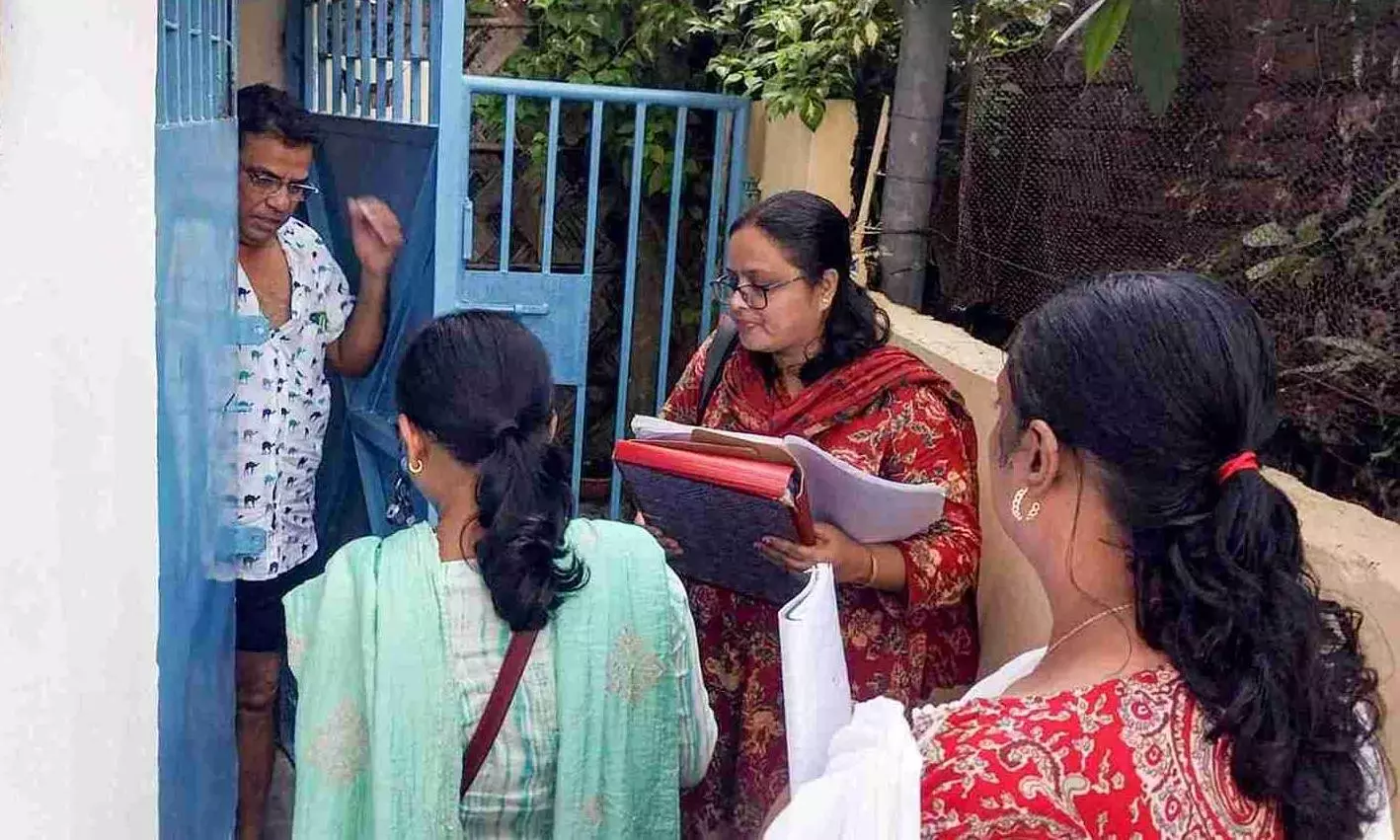
Assam on edge as EC revision fuels fears of voter exclusion ahead of 2026 elections
The Election Commission's middle-path revision triggers questions on transparency, NRC overlap, and potential impact on election outcomes

With just four months left before Assam heads into a crucial Assembly election, the Election Commission of India’s (ECI) decision to introduce a Special Revision (SR) of electoral rolls has stirred unease across the political spectrum. For many leaders, the announcement has triggered more questions than answers.
Also read | SIR exclusion of Assam exposes political fault lines in voter reform
Unlike the dozen other states, including Chhattisgarh, Gujarat, Kerala, Rajasthan, Tamil Nadu, Uttar Pradesh and West Bengal, where the ECI has ordered a Special Intensive Revision (SIR) of electoral rolls, Assam has been placed under a unique, intermediate format. Routine summary revisions will continue in all other states.
Avoiding NRC legal overlaps
According to ECI officials, the SR in Assam will involve house-to-house verification but will not require voters to submit any documents. On paper, this makes the process lighter and less intrusive. An SIR, by contrast, involves exhaustive documentation checks — citizenship papers, age proof, and residency details — and aims to remove ineligible entries, including duplicate and deceased voters.
But Assam’s situation is unlike that of any other state. Its citizenship laws carry a different historical cut-off date — March 24, 1971, under the Assam Accord — and the state continues to navigate the unfinished National Register of Citizens (NRC) process, still under Supreme Court supervision. Many observers believe that imposing a full SIR at this stage could clash with unresolved NRC data and trigger legal complications. The SR, therefore, has been projected as a middle-path solution.
Opposition flags concerns
While the Assam government has welcomed the move as a practical balance between accuracy and sensitivity, the Opposition is far from convinced.
Congress MP and former minister Rakibul Hussain expressed surprise at the timing and manner of the announcement. “It felt hurried,” he said, adding that people in Assam had earlier felt relieved when the Chief Election Commissioner announced SIRs for other states and said Assam would not require such a process. Hussain urged Opposition parties to keep a close watch to ensure no voter is unfairly dropped.
Former minister and ex-Rajya Sabha MP Ripun Borah echoed similar concerns, questioning why a new revision mechanism was needed barely eight months after the last voter list update on January 1, 2025. He pointed to Bihar’s recent experience, where lakhs of names were removed during an intensive revision, and said that Assam could face similar risks if the process is not monitored closely.
Borah also raised alarms over the restricted role of Booth Level Agents (BLAs). He argued that the new appointment terms prevent BLAs from remaining present throughout the verification process, potentially leaving gaps in oversight. “If BLAs cannot fully participate, many genuine voters may lose their names from the rolls,” he warned.
Calls for greater transparency
CPI-M state secretary Siprakash Talukdar said the ECI’s intention to include eligible voters and remove ineligible ones was understandable, but the lack of clarity around how surveys will be carried out was worrying. “How do they define who is eligible if no documents are checked? The process must be transparent,” he said.
Also read | Assam BJP faces dual storm over ST status, Zubeen’s death ahead of 2026 polls
Election analysts say the SR reflects the ECI’s attempt to balance two competing realities — the need for up-to-date electoral rolls and Assam’s complex citizenship landscape, where documentation has long been a sensitive point. By avoiding a full SIR, the Commission may have sidestepped potential legal entanglements, but it now faces growing demands for transparency and safeguards.
Will the Special Revision give the BJP an edge in the upcoming polls, at a time when the state is grappling with public unrest over Zubeen Garg’s death and renewed demands for ST status for six communities?

